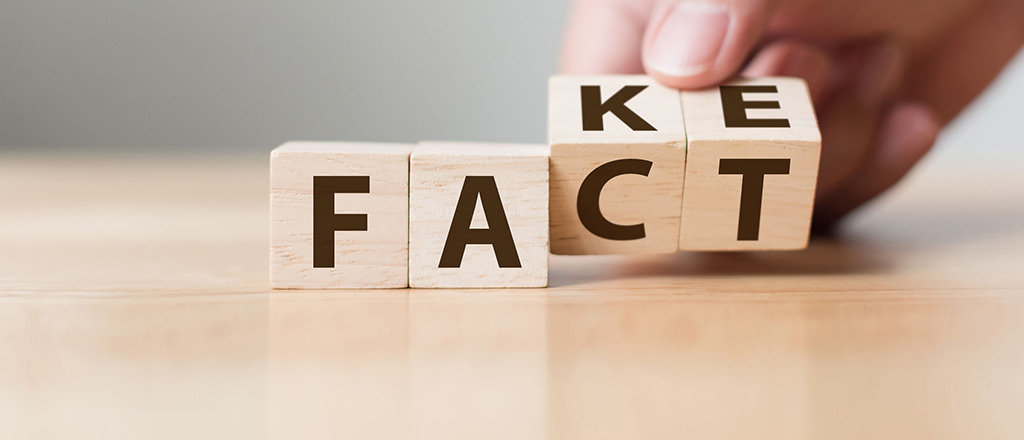It’s tough to tell if the material you’re reading is genuine or not. There is a lot of misinformation out there. It’s up to you to determine whether what you read or hear is accurate, whether it’s recognizing phony websites, fake emails, or fraudulent Amazon reviews, or just fact-checking material you see online.
Learning to distinguish between fake and true news is an important skill to master. You, as a member of our worldwide community, are responsible for making educated decisions, particularly when it comes to material you see on social media.
1. FactCheck.org
The University of Pennsylvania’s Annenberg Public Policy Center has a long history of refuting misleading assertions, mostly those made by US politicians.
⇒Join us on Telegram for more Sure and Accurate football-winning tips every day...click here
While it focuses on political claims, FactCheck is a neutral and nonprofit organization that keeps politicians honest by monitoring their speeches, television advertising, and press releases. Using the top fact-checking resources can assist you in having an educated perspective and engaging in respectful discourse.
FactCheck’s Facebook Initiative attempts to refute misleading information disseminated on the social network, in addition to keeping a watch on the integrity of American politicians. You may also submit your queries or use FactCheck’s Viral Spiral function.
2. SciCheck.org
Although SciCheck is a component of FactCheck.org, it deserves to be included separately. SciCheck has been refuting incorrect or misleading scientific statements since 2015.
SciCheck has a project dedicated to fact-checking material on Covid-19 and vaccines in both English and Spanish. If you come across a scientific assertion that makes you wonder, go to SciCheck to see if it’s true.
3. FlackCheck.org
FactCheck.org has a sibling site called FlackCheck. It is primarily concerned with political literacy, but it can also assist you in learning how to recognize logical fallacies in general.
Of course, just because you see a mistake in someone’s reasoning doesn’t mean the statements they’re making are all absolutely incorrect.
It can, however, provide some insight into the ethics of the individual or organization making the assertions.
4. MediaBiasFactCheck.com
Fact-checking isn’t something you can do once and be done with. Several stages of evaluation are required for it to operate. Enter the Media Bias/Fact Check section (MBFC).
While the website’s ad-heavy design does not inspire trust, it is one of the best fact-checking sites for determining media bias. (While MBFC goes out of its way to explain that it has no control over which ads appear on the site, the fact remains that there are a LOT of them.)
This is how the MBFC system works. Enter the name or URL of a media outlet into the search bar, and MBFC will tell you whether the source is reliable and to what extent it has been proven to be biased to the left, left-center, right-center, or right.
Sources can also be classified as “conspiracy/pseudoscience” if they occasionally publish unverifiable information or aren’t backed up by evidence, or “pro-science” if they adhere to the scientific method and are backed up by evidence.
MBFC offers its own Official Media Bias Fact Check Extension for Chrome and Firefox, in addition to listing third-party fact-checking extensions it likes.
5. ReportersLab.org
Please pardon us while we get a little meta. The Duke University Reporters’ Lab has a database of fact-checking sites as well as a roundup of tools to assist you and other fact-checkers in doing just that.
The Sanford School of Public Policy is home to the Reporters’ Lab. It will offer you a feel of the current state of fact-checking throughout the world, as well as future fact-checking advances. If you’re looking for local fact-checking sources, the interactive map might help.




